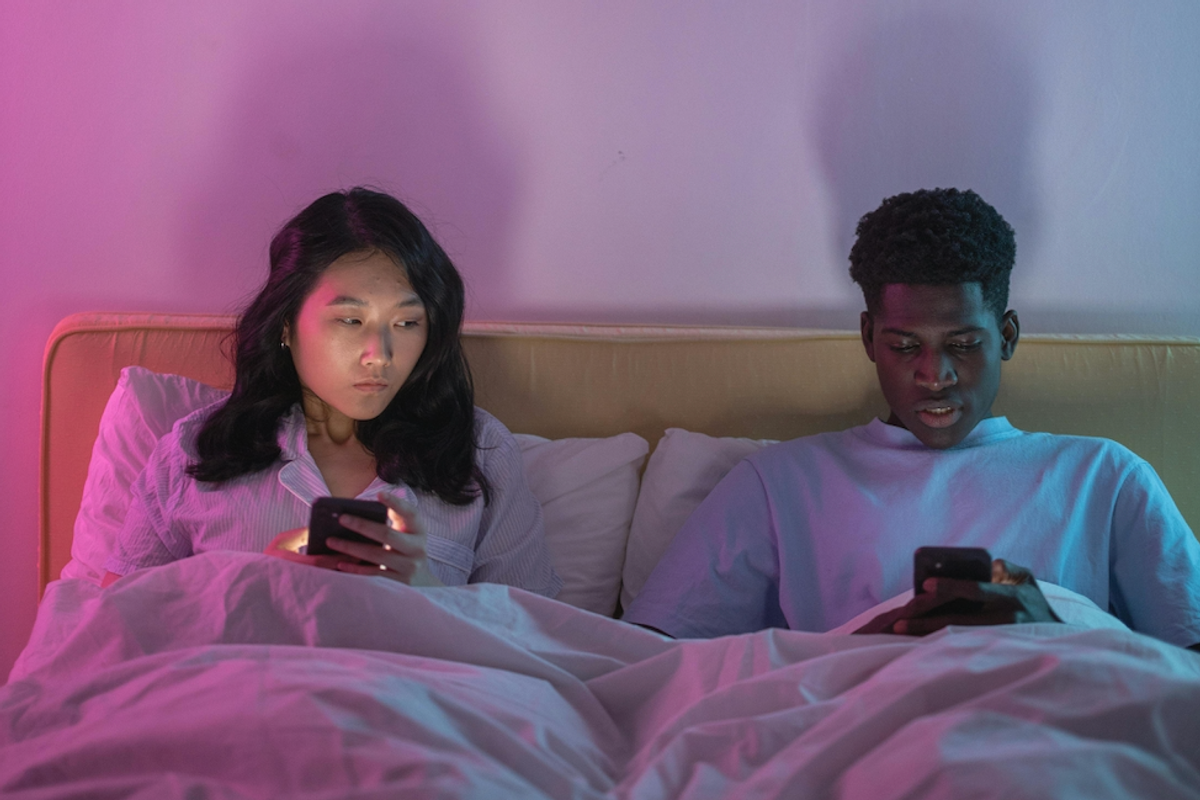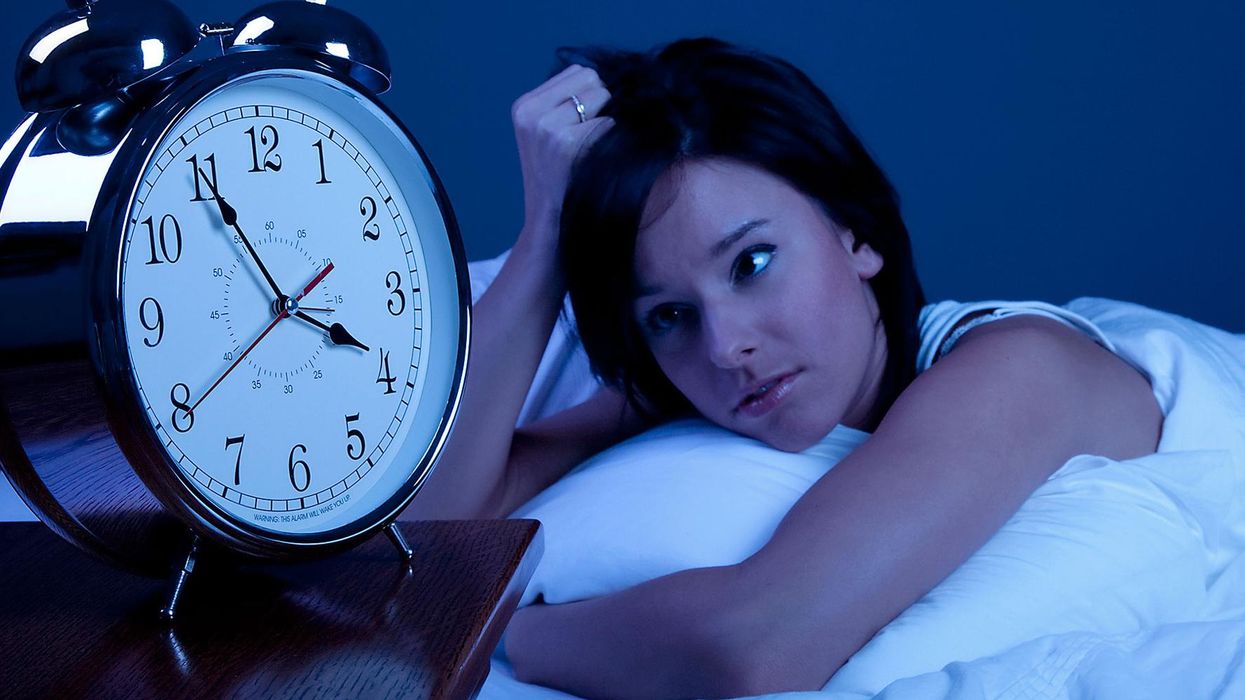
It happens to everyone. You wake up in the middle of night, and then spend hours tossing and turning, unable to get back to sleep.
This type of insomnia is actually more common than struggling to fall asleep when you first go to bed. And so, the Wall Street Journal has spoken to several sleep experts to find out the best way to cope if it happens to you.
The best thing to do if it happens?
Nothing.
If it’s just a one off, you should just carry on with your normal routine the next night. Any attempt to balance out the lack of sleep is only going to cause more damage to your sleep pattern.
Michael Perlis, director of the Behavioral Sleep Medicine Program at the Perelman School of Medicine at the University of Pennsylvania, says:
Don’t sleep in. Don’t nap. Don’t go to bed early the next day and everything will turn out fine.
He even says it’s better to use caffeine to power through than have a nap!
They did offer some tips to dealing with what happens when you awake at 3am though – here's the key advice
Avoid light
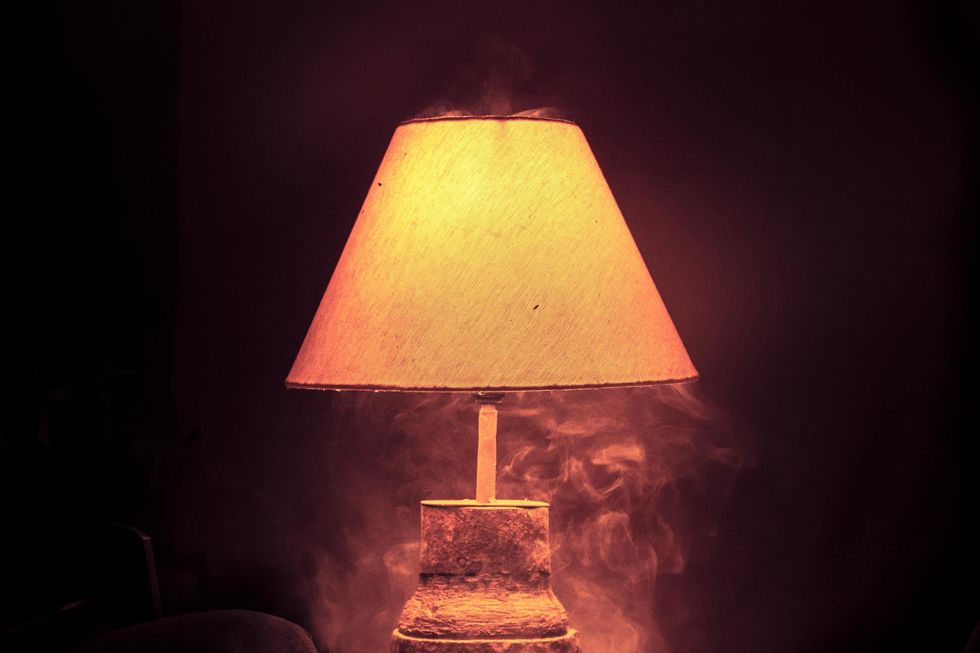
Strong light is just about the worst enemy when trying to get back to sleep. A sharp burst of it can supress levels of the hormone melatonin, which is what controls your sleep cycle. Use blackout curtains if you can. If you need to go to the loo, don’t put the big light on, use a night light.
Don’t just lie there, tossing and turning
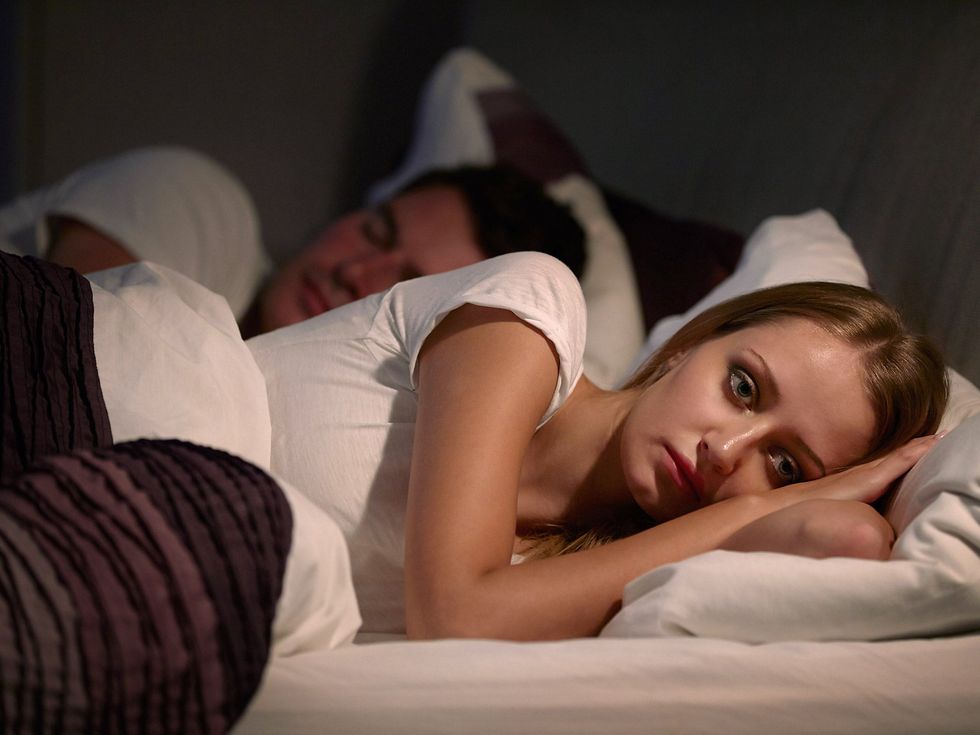
If you are fully awake, it’s better to get up and do something sedate and relaxing. Suggestions include knitting or a Sudoku, but avoid computers or your phone.
If you do end up watching TV, wear sunglasses

Yes, really. You should avoid screens in general, but if you do end up switching on the box, Daniel J. Buysse, a professor of psychiatry University of Pittsburgh School of Medicine, says:
Don’t sit two inches away from the TV. And wear sunglasses.
Don’t eat anything
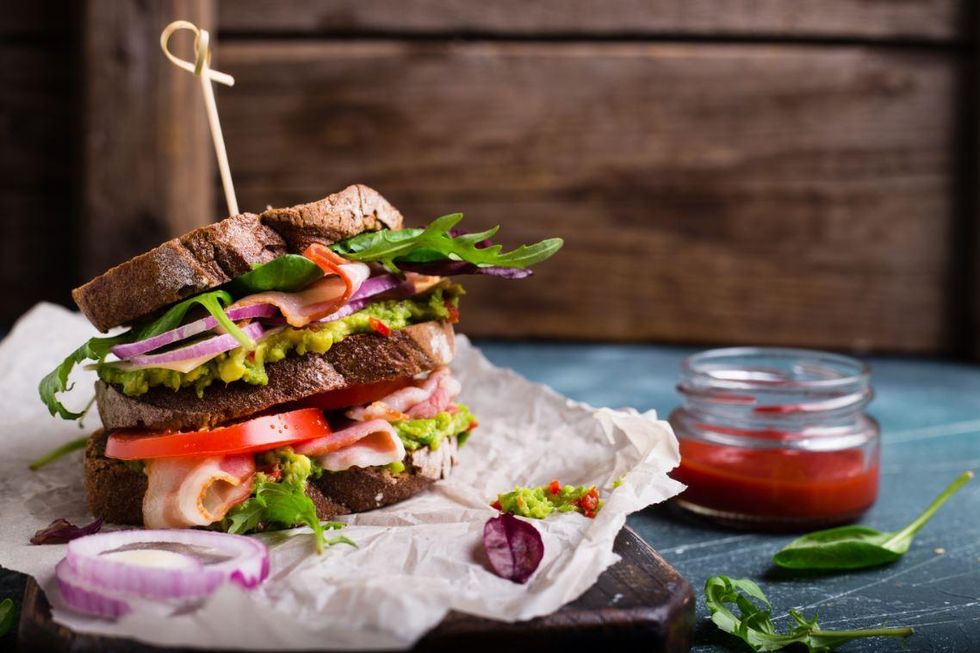
There’s a lot of evidence that eating late at night causes weight gain. Your body will also see that food as a reward, so you are training it to keep getting up so that you can have that 4am bowl of cereal every night.
Don’t look at the clock
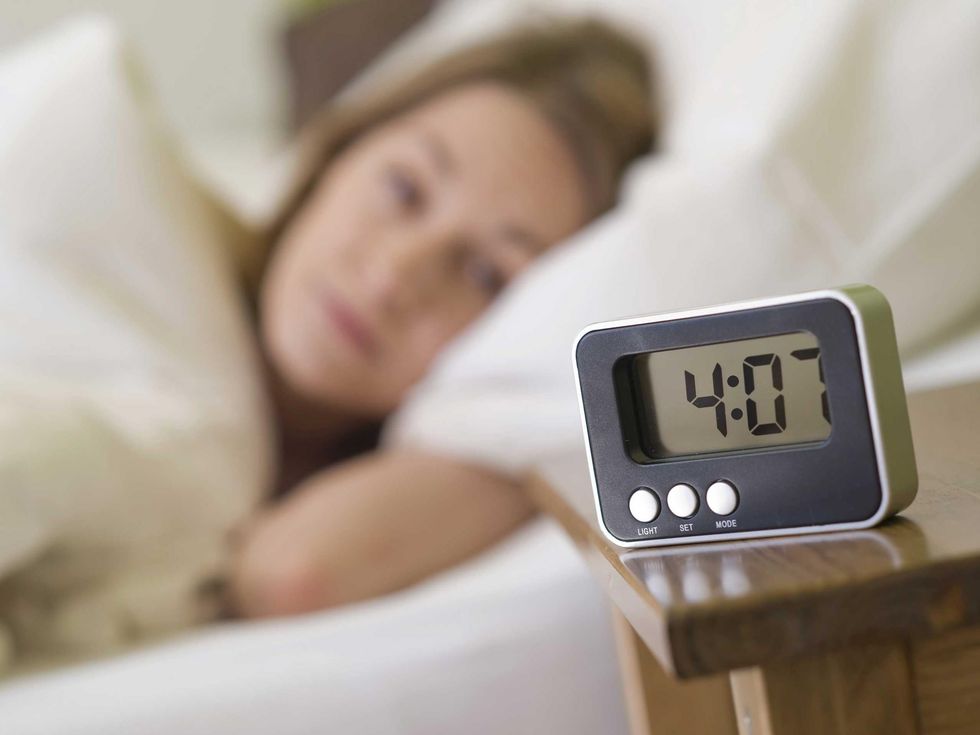
Looking at the time and thinking that you’ve got to get up in a few hours will only stress you out.
Jennifer L. Martin, sleep specialist at UCLA, says:
[People] start to think, ‘How many more hours until I get up?’ That tends to create a lot of anxiety. You can’t sleep when you’re anxious and you can’t sleep when you’re doing math.
HT: WSJ





